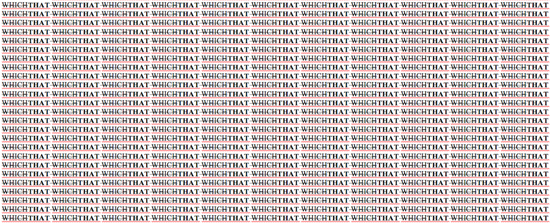
Grammar purity is a big ponzi scheme
By June Casagrande | Lit Hub
To hear some sticklers talk, you’d think that somewhere, in a classified location, there’s a top-secret grammar law library that houses the voluminous Grammar Penal Code: an official list of all the things you’d be “wrong” to do.
It’s wrong to split an infinitive, some say. It’s wrong to end a sentence with a preposition. It’s wrong to begin a sentence with and. It’s wrong to use take to mean bring. Hang around these people long enough, and you see the list of no-nos is endless.
Their source, conveniently, is never revealed. They know what’s wrong and they’re not telling you how they know—as if they have a copy of the Grammar Penal Code and you don’t, so you’re forever at their mercy. With every word you speak or write, you’re in danger of getting busted for breaking a rule you never knew existed.
Here’s where these nitpickers get their information: someone—a teacher, a parent, a know-it-all friend—told them there’s a rule against saying a certain thing, and they believed it. It’s as if they, too, were fooled into believing there exists some list of grammar crimes that only their teacher, parent, or friend was privy to.
It’s a grammar snob Ponzi scheme.











